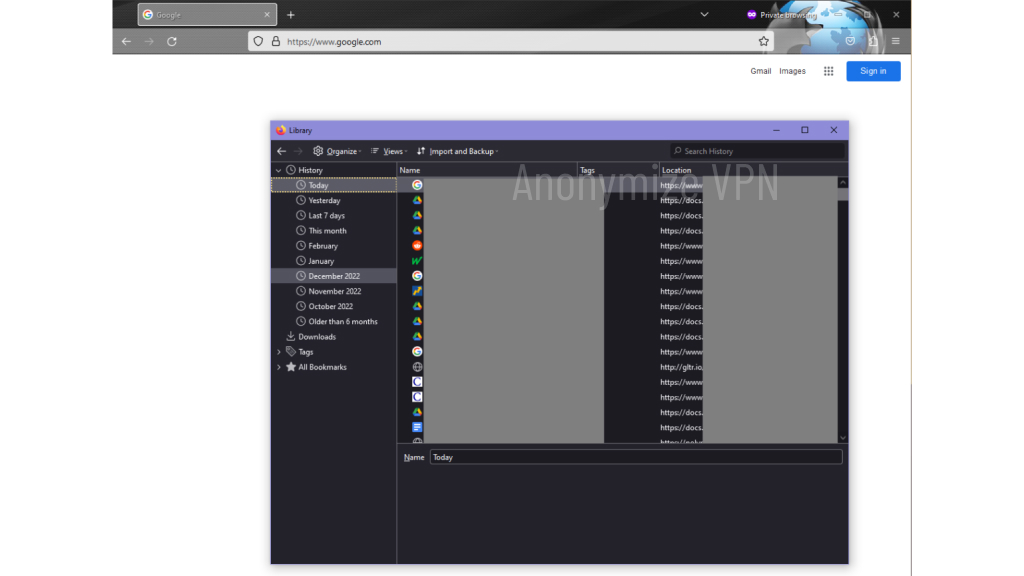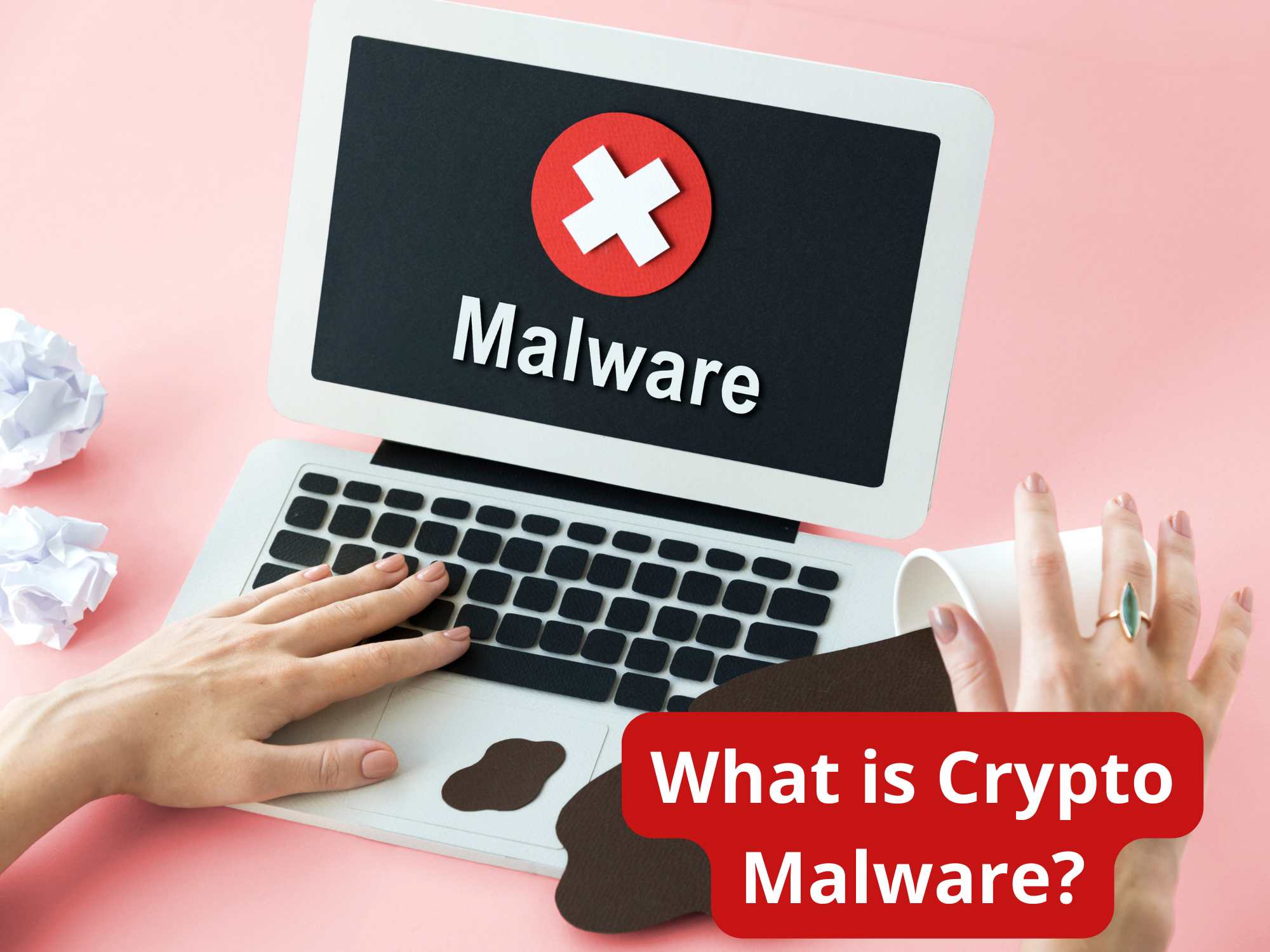
What Does a VPN Hide and What It Doesn’t?
Have you ever wondered if a Virtual Private Network (VPN) truly provides complete online security and privacy? In this article, we will explore the capabilities of a VPN and understand what it can hide to enhance your online privacy. We will also discuss the limitations of VPNs and what they cannot hide. By the end of this article, you will have a comprehensive understanding of what a VPN can hide and what it cannot, empowering you to make informed decisions about your online security and privacy. Let’s dive in and uncover the truth about VPNs.

Hiding Your IP Address
One of the key features of a VPN is its ability to hide your IP address and mask your online location. By routing your internet connection through a remote server, a VPN can make it appear as though you are accessing the web from a different location entirely.
As a result, you can browse the internet anonymously and access geo-restricted content that might otherwise be unavailable in your region. Whether you’re trying to stream your favorite TV show or access a website that is blocked in your country, a VPN can help you bypass these restrictions without revealing your true identity or physical location.
Overall, hiding your IP address is an essential aspect of online privacy, and a VPN is a powerful tool that can help you achieve this goal.
Safeguarding Browsing Activities and Online Identity
Online privacy is a growing concern, and a VPN offers an excellent solution to safeguard your browsing activities and online identity. With a VPN, your internet traffic is encrypted from end-to-end, making it unreadable and inaccessible to hackers, ISPs, and other prying eyes.
Using a VPN will ensure that your online identity remains anonymous, and your browsing activities are concealed. Instead of browsing the web with your real IP address, you can use a virtual IP address, making it almost impossible for websites or companies to track your location or online activity.
Whether you’re accessing public Wi-Fi or working from home, a VPN can protect your data from online threats and cyberattacks. With a VPN, you can rest assured that your sensitive information, such as passwords, bank details, and other personal data, remains safe and secure. So, it’s clear that using a VPN can significantly enhance your online privacy and protect your online identity.
Limitations for Internet Privacy
Despite the many benefits of VPNs, it’s important to note that they have limitations. One such constraint is in regards to internet traffic. While a VPN can hide your internet traffic from prying eyes, it cannot prevent the VPN provider from monitoring your online activities.
Another limitation of VPNs is related to online communications. Although they offer excellent protection for your online identity, VPNs do not encrypt all forms of communication. For example, messaging apps that use their own encryption protocols may not necessarily benefit from the added security of using a VPN.
When it comes to sensitive information, VPNs can offer some level of protection. However, they are not a foolproof solution and may not be effective against advanced hacking techniques.
Overall, while VPNs are a great tool for enhancing online privacy and hiding data from hackers, they are not a silver bullet. It’s important to remember that VPNs have limitations and should be used in conjunction with other security measures to ensure maximum protection of your sensitive online information.
Conclusion
Overall, Virtual Private Networks (VPNs) are an essential tool for safeguarding your online privacy and protecting your sensitive data from hackers. By encrypting your internet traffic and hiding your IP address, a VPN can enhance your online privacy and allow for anonymous browsing.
While VPNs are highly effective in securing your data, it is important to note their limitations. VPNs cannot always protect against advanced hacking techniques, and there may be some online communications that remain vulnerable.
That being said, using a reliable VPN service is still the best way to protect your online privacy and hide your data from hackers. So, if you want to surf the web with peace of mind and preserve your online privacy, consider using a VPN.
Thank you for reading, and remember to always prioritize your online security and privacy.
FAQ
What does a VPN hide?
A VPN hides your IP address, browsing activities, online identity, location, and internet traffic. It ensures that your online communications and sensitive information are encrypted and hidden from hackers and other prying eyes.
What does a VPN not hide?
While a VPN can hide many aspects of your online presence, it cannot completely hide your online privacy. It cannot protect against all advanced hacking techniques or guarantee absolute anonymity.
How does a VPN hide my IP address?
A VPN hides your IP address by redirecting your internet traffic through a secure server located in a different geographic location. This masks your true IP address, making it appear as if you are accessing the internet from another location.
Can a VPN hide my browsing activities?
Yes, a VPN can hide your browsing activities by encrypting your internet traffic. This encryption makes it difficult for anyone, including ISPs, hackers, or government agencies, to monitor or track your online activities.
Does a VPN hide my online identity?
Yes, a VPN hides your online identity by masking your IP address and encrypting your internet traffic. This ensures that your true identity remains concealed, providing an additional layer of security and anonymity.
Can a VPN hide my location?
Yes, a VPN can hide your location by assigning you a different IP address from a server in another location. This enables you to bypass geo-restrictions and access content that may be otherwise unavailable in your region.
Does a VPN hide my internet traffic?
Yes, a VPN hides your internet traffic by encrypting it, making it unreadable to anyone trying to intercept or monitor your data. This protects your online privacy and ensures that your internet activities remain private and secure.
Can a VPN hide my online communications?
Yes, a VPN can hide your online communications by encrypting the data transmitted between your device and the websites or services you interact with. This encryption prevents unauthorized access to your conversations, ensuring your online communications remain private.
Will a VPN hide my sensitive information?
Yes, a VPN encrypts your sensitive information, such as passwords, credit card details, and personal data, preventing hackers from intercepting and accessing it. This protects your sensitive information from falling into the wrong hands.
Does a VPN hide my data from hackers?
Yes, a VPN hides your data from hackers by encrypting it and making it difficult to decipher. This adds an extra layer of protection against cybercriminals, helping to safeguard your personal information and online activities.
How does a VPN enhance my online privacy?
A VPN enhances your online privacy by masking your IP address, encrypting your internet traffic, and hiding your online activities. This ensures that your personal information and browsing habits are protected, preserving your privacy in the digital world.
Are there any limitations to VPNs for internet privacy?
Yes, VPNs have limitations when it comes to internet privacy. While they offer strong encryption and anonymity, they may not be foolproof against advanced hacking techniques. It is important to choose a reputable VPN provider and follow best security practices to maximize your online privacy.





